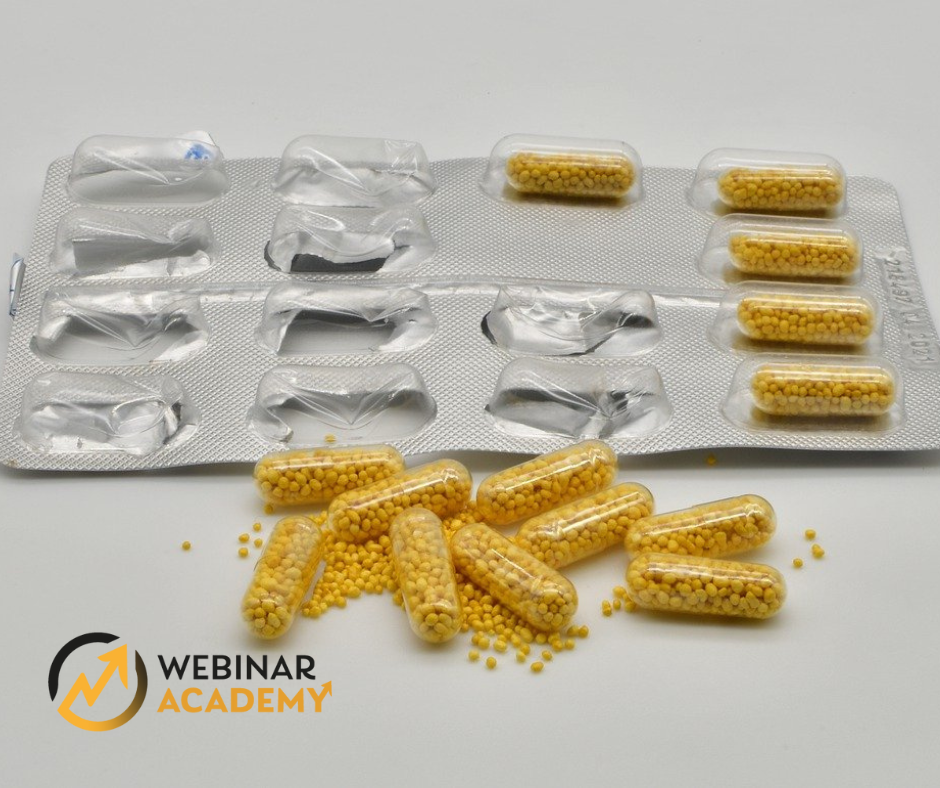In a healthy body a healthy desire
Healthy sexual desire is a normal and natural aspect of human life. It manifests itself in the form of the desire for intimacy, touch, and the satisfaction of physical and emotional needs. A healthy libido is balanced and its intensity can vary according to age, health, life situation and individual predisposition. There is no one 'right' level of libido, but a healthy libido allows for healthy relationships with partners, satisfaction of intimate needs and expression of feelings and emotions.
A healthy libido is characterised by several traits that make it possible for a person to enjoy sexual satisfaction and maintain healthy relationships with partners. A feature of a healthy sex drive is flexibility - the ability to adapt to changing circumstances and the needs of partners. A healthy libido also allows for the expression of feelings, emotions and satisfaction of intimate needs, as well as the ability to cope with stress or conflicts related to sexual life.

Something is wrong ... decrease in libido
Libido is otherwise known as sexual desire, which is related to the action of hormones such as testosterone, oestrogen or progesterone. A decrease in libido can be caused by various factors, such as hormonal changes, illness, medication or stress. For women, a decrease in libido can be related to menopause, pregnancy or hormonal disorders. In men, low testosterone levels can lead to a decreased interest in sex. Hormonal disorders may be one reason for a decline in libido, but it is also worth looking at other factors. How do you naturally boost your libido?
• A healthy diet: a diet rich in protein, healthy fats, fibre, vitamins and minerals can help improve libido. Consuming aphrodisiacs such as oysters, chocolate, avocados, figs or nuts can also benefit sexual desire. • Physical activity: Regular exercise, especially aerobic exercise, improves blood circulation, increases endorphins and reduces stress. All this promotes a healthy libido. You can also try kegel exercises, which strengthen the pelvic floor muscles. • Stress reduction: Stress and chronic tension negatively affect libido. Find relaxation techniques that work for you, such as meditation, yoga, deep breathing or massage. • Getting enough sleep: Getting enough sleep is key to healthy energy levels and hormonal balance. Lack of sleep can lower libido, so make sure you get regular and deep sleep. • Communicating with your partner: Open and honest communication with your partner can help you to understand your needs and desires, and to express your feelings and emotions. Creating an atmosphere of trust and intimacy promotes a healthy libido. • Healthy lifestyle habits: Avoiding stimulants such as alcohol, cigarettes or drugs, which have a negative impact on health and libido. Instead, strive for a healthy lifestyle by ensuring a work-life balance. • Enriching your sex life: Experimenting with new positions, places or erotic toys can bring freshness to your sex life and stimulate interest in sex.
Maybe this is not it ...
A decrease in libido can be caused by various factors, both biological and psychological. In addition to hormonal changes, factors such as:
• stress, • fatigue, • poor diet, • lack of physical activity, • chronic illnesses, • relationship problems, • low self-esteem • negative experiences with sex.
It is important to understand the reasons for the decline in libido so that appropriate steps can be taken to improve it and avoid negative consequences for mental health and the relationship with the partner.

I don't want to …
A decrease in libido can lead to a variety of consequences, both for the individual and for their relationships with others. A low desire for sex can lead to frustration, guilt, lower self-esteem and a reduced quality of life. In partner life, a decline in libido can result in conflict, lack of understanding and intimacy, and even relationship breakdown.
A decline in libido should not be underestimated as it affects overall mental and emotional health. Long-term problems with sexual desire can lead to depression, anxiety or social isolation. If you suspect a decline in libido, it is a good idea to consult a doctor, psychologist or sexologist for professional help and support. How to talk to your partner about a decline in libido?
Discussing the topic of declining libido with your partner can be difficult, but open and honest communication is key to maintaining a healthy relationship. Choose a time and place where both parties feel comfortable and uninhibited. Start the conversation by expressing your feelings and experiences, avoiding accusations or negative assumptions. Emphasise that you want to improve your sex life together, not just focus on your problems. Encourage your partner to express their feelings, needs and desires and listen carefully to their responses. Together, you can try to find solutions to help strengthen your intimacy and understanding of each other's needs.
In conclusion, a decline in libido can have a significant impact on daily life and mental health. It is useful to understand how a healthy sex drive manifests itself and the reasons for its decline in order to effectively address libido issues. In order to do so, it is useful to consult the materials available on the Webinar Academy training platform. The platform has developed an online training course to further educate you on how to deal with a decrease in libido. This problem should not be underestimated, as it can lead to serious consequences for mental health and relationships with partners. If you are experiencing difficulties with your sex drive, it is also worth seeking advice from professionals who can help you find the cause of the problem and identify appropriate methods of treatment and support.
